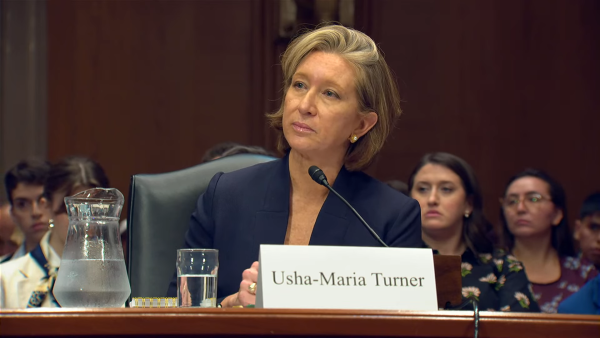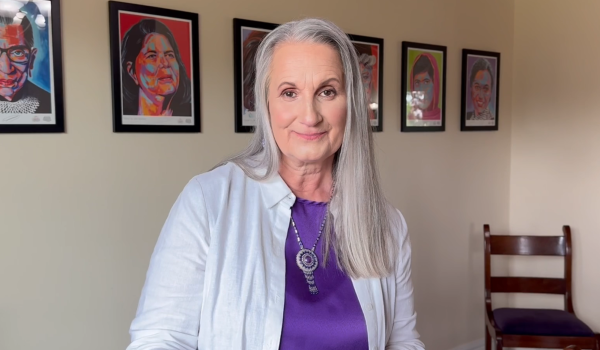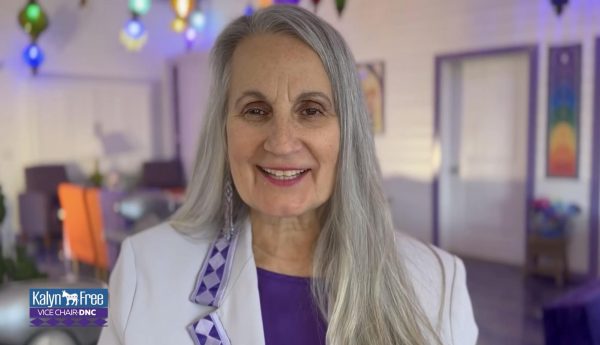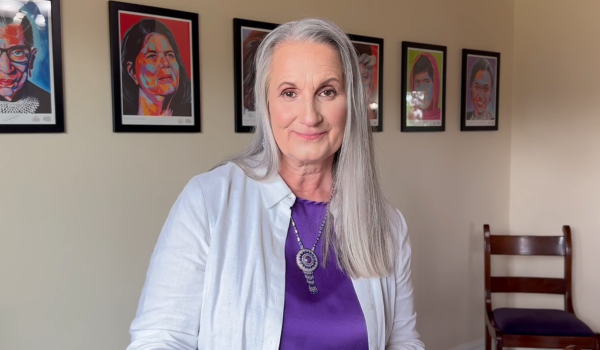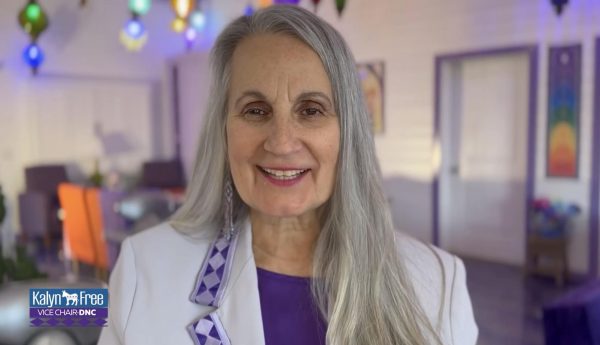Federal Committee Hearing Casts Doubt on Castro vs. Huerta Ruling
Ambassador Jonodev Chaudhuri provides his testimony during the hearing. Gaylord News Photo/Beck Connelley.
WASHINGTON – A congressional subcommittee investigating the impact of a Supreme Court ruling that overturned decades of Native American law was told Tuesday that the court ignored tribal sovereignty to reach its decision.
The ruling, which came in June, saw the court assert that both federal and state agencies held concurrent jurisdiction when it came to prosecuting non-natives for crimes on native land. The 5-4 ruling seemingly reversed the precedent set by the landmark McGirt v. Oklahoma case which had come just two years prior.
Five tribal leaders from across the country testifying before the Subcommittee for Indigenous Peoples of the U.S. uniformly denounced the decision that impacts more than 500 tribes across the country.
“Castro-Huerta undermines tribal jurisdiction and sovereignty by creating a false narrative that native victims are best protected by the state, they are not,” said Jonodev Chaudhuri, ambassador for the Muscogee Creek Nation of Oklahoma.
Chaudhuri denied that the Castro-Huerta decision was needed to address the public safety crisis created by Mcgirt.
“Any actual crisis was entirely manufactured by the individual county sheriffs, prosecutors, and others, who have not only refused to collaborate (with tribes), but actively used criminal cases, and most disgustingly, victims, as political proxies to create the illusion of a crisis,” he said.
But District Attorney Matthew J. Ballard of Oklahoma’s 12th district celebrated the Castro-Huerta ruling, comparing it to a “beacon of hope” for the native American victims that he represents.
He insisted the McGirt decision created chaos in Oklahoma with hundreds of criminal cases in his three-county district in northeast Oklahoma being dismissed or thrown out.
”Native American victims were bearing the brunt of the McGirt decision,” he said.
Whitney Gravelle, President of Bay Mills Indian Community, highlighted that while the Castro-Huerta ruling is intended for criminal jurisdiction, it could bleed over into civil jurisdiction and have unforeseen consequences on standing federal laws.
“(CVH) casts doubt on any federal law that exists including its application in Indian Country. This may include permitting requirements and regulations, control of land, and natural resources.”
Sara Hill, the Cherokee Nation attorney general, warned of the dangers rulings attacking tribal sovereignty like Castro-Huerta can create.
Hill specifically called on Governor Stitt to “come back to the table,” and “end his anti-tribal agenda.” Governor Stitt has long been a strong opponent of McGirt and celebrated the Castro-Huerta ruling calling it a “clear victory” for the “rule of law.”
“It is my belief, founded as it must be in faith in our democracy and our justice system, that McGirt will not be the highwater mark but the Castro-Huerta is certainly a retreat from the principle decision in McGirt,” Hill said, “That should give people who believe in tribal sovereignty and the rule of law some pause.”
Carole Goldberg, a University of California School of Law professor, was very blunt in her testimony.
“I can say with quite emphasis that Castro-Huerta got the relevant law entirely wrong.” citing how the ruling was in direct conflict of Public Law 280 which can give states jurisdiction in tribal territory only with the consent of the tribes.
The Interior department told the committee that is still reviewing the effects of the Castro-Huerta ruling and plans to work with both tribal leaders and the justice department to outline guidance for tribes affected by the ruling.
Gaylord News is a reporting project of the University of Oklahoma Gaylord College of Journalism and Mass Communication. For additional stories by Gaylord News go to GaylordNews.net


